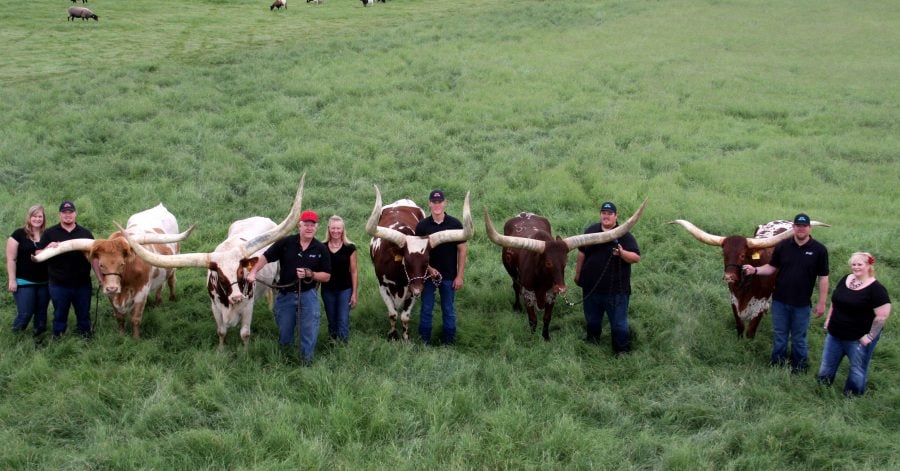In less than 20 years from now, the global population is expected to reach almost 9.6 billion people. Predictions by the UN Food and Agriculture Organization (FAO) show that the agriculture industry will have to produce 70% more food with only 5% more land. This implies that every year the production of wheat and cereals will need to increase by 1 billion tons, while the total livestock will have to grow by 200 million tons using the same amounts of land. Like every other industry, agriculture has also undergone major developments in order to optimize efficiency, yield, and increase profits, characterized by the adoption of mechanization, the development of new crop varieties and agrochemicals, as well as the increase in the use of genetic modification. With the same aim to improve efficiency and address the rising challenges, digital agriculture is steadily becoming the next revolution in the agriculture industry.
One of the main elements of digital agriculture, precision farming, allows farmers, who have for a long time cultivated their crops based on common wisdom, to start using more accurate measurements to lower their production costs and increase yields. To address the modern and future challenges of people in agriculture, the Croatian agri-tech company AGRIVI develops solutions for agricultural production management and works on various projects for the digitalization of national agriculture.
The startup is part of the portfolio of the Serbian Venture Capital fund South Central Ventures that led the latest $4.8 M Series A investment round of AGRIVI back in November 2020. The innovations that AGRIVI introduces in the digital agriculture industry are crops and yields predictions based on data-driven insights, data collection automation, and compliance with food safety, quality and sustainability standards. To explore what are the latest trends, challenges, and opportunities ahead of the farmers in Europe and how digitalization and automation and reshaping the traditional agricultural industry, The Recursive team reached out to the founder and CEO of AGRIVI Matija Zulj.
The elephant in the room – production losses
Matija Zulj explains that globally, agriculture is in very different stages of development. Even though there is no single set of problems that would apply to everyone, the lack of quality and timely information on production negatively affects the production management capacities of farmers all around the world. He highlights that another key problem for agricultural producers is sales as without information they struggle to show customers the origin and true value of their products.
According to Matija Zulj digitalization prevents this triple loss and in a very short time raises farmers’ earnings by 50 to 100%. The CEO of AGRIVI shares that on average farmers who don’t use digital agricultural solutions lose parts of their yields three times during the year – during the planning, production, and pricing phases. Since farmers don’t dispose of data on soil quality and actual crop needs in the production planning phase they cannot optimally calculate all the necessary inputs, which leads to high initial costs and losses. Later on, in the agricultural process, farmers fail to assess the right moment to apply specific agro-technical measures to prevent plant diseases and as a result, their yield decreases by 1% for every day of delay. Zulj highlights that the loss in farming caused by diseases and pests is between 20 and 40% each year. Lastly, during the pricing phase, the yield losses result from the fact that only products, which are visually appealing and meet nutritional composition quality criteria, can be priced as premium products.
Therefore, there is a growing demand for solutions that enable the traceability of food so that farmers are able to show when and where each product was planted, what it was treated with, how many different resources were spent on its production, as well as whether the product complies with food quality and safety standards. Zulj explains that only such products can achieve a premium price. The production traceability solution of AGRIVI, for example, allows customers to obtain all product information with a simple QR code and instantly receive essential information about the origin, cultivation, and nutritional composition of the product.
The current and future state of digital agriculture
According to the founder of AGRIVI, some of the factors that enable more developments in the agriculture software industry to occur are the existing regulations for food and the resulting need of the industry to support farmers for compliance with food quality, food safety, and sustainability standards reporting. He explains that the decision to digitize agriculture enables the increase of the sector’s competitiveness and sustainability, which, in turn, significantly improves the levels of food safety and benefits the consumers.
With food safety becoming a dominant topic of conversations and consumers being more aware of their eating habits, agricultural producers can benefit greatly from digitalization in order to showcase how the food is produced and make the consumer feel more knowledgeable about the farm to fork process.
Moreover, the adoption of agritech solutions is accelerating with family farms being taken over by the younger generations, and with large companies recognizing all the benefits of the supervision and standardization of agricultural production. “We believe that the digitalization of agriculture will be accelerated with the beginning of the implementation of the new EU multiannual financial framework, given that digitalization is high on the list of priorities,” notes Zulj.
In terms of the future farming equipment and technology trends, Zulj outlines that sensors for data insights will give a base for more data-driven decisions and AI-driven recommendations will be increasingly applied in agriculture to help producers yield healthier crops, manage their pest controls, as well as to monitor the soil and the growing conditions. Furthermore, as robotics and work automation are becoming increasingly integrated into every industry in the future, they will be more and more important in achieving efficient food production. For example, the platform of AGRIVI has robust connectivity to IoT solutions allowing farmers to gain insight into processed information from all systems in one place and make holistic decisions based on real data.
“Technology increases productivity, yields, and earnings, which means that without the use of technology, it will not be possible to maintain the competitiveness of production,” shares Zulj.







